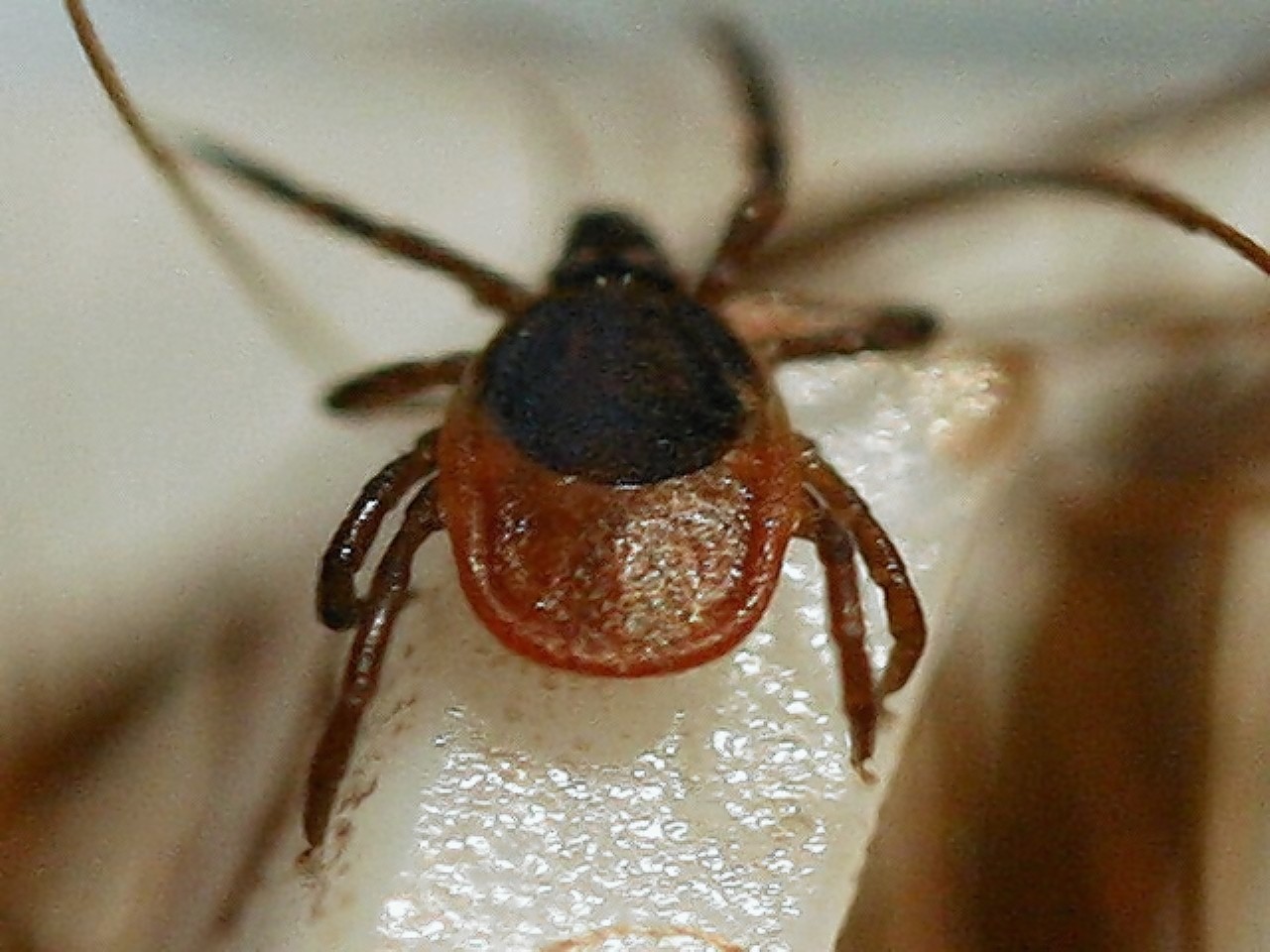A grant from the European Space Agency could help a group of Highland agencies battle a potentially debilitating disease caused by tick bites.
Reports of Lyme disease have increased tenfold in Scotland over the past decade, with the Highlands particularly affected.
Now the European Space Agency have given around £182,500 to help a group including NHS Highland and the University of the Highlands and Islands lead research into the disease.
Lyme disease is contracted from tick bites and the first symptom is often a skin rash, which can develop anytime from three to 30 days after the bite.
Further signs of the disease include fatigue and headaches, as well muscle and joint pain.
It is very rare for humans to die from Lyme disease and it can be treated by antibiotics.
The space agency grant will test exciting new online technology to identify tick hot-spots.
It is envisaged that this groundbreaking technology, which could be adapted for other uses, may be commercialised and be of international appeal.
The grant has been timed to coincide with Lyme Disease Awareness Month – and NHS Highland will hosting a special event in Inverness this week to raise awareness of ticks and the potential health problems from their bites.
The event will be held at the Centre for Health Science at Raigmore Hospital in Inverness on Wednesday from 11am.
Presentations will be given by Dr Roger Evans, deputy director of the National Lyme Borreliosis Testing Laboratory at Raigmore Hospital, Inverness and Lochaber GP Dr James Douglas who has done much to raise awareness of Lyme disease.
Also speaking on the day will Sam Holden, who will discuss a GP research project on the disease, Professor Alasdair Munro, of the Centre for Health Science, who will give an overview of the new research project and Professor George Gunn, of Scotland’s Rural College, who leads the Inverness Epidemiology Research Unit and who will present an animal health perspective and outline his organisation’s involvement in the project.
In December 2013 Highland gamekeeper Scott Beattie, 43, died after contracting the disease while working as head stalker at the Wyvis Estate.
His family have repeatedly called for a fatal accident inquiry into his case.
